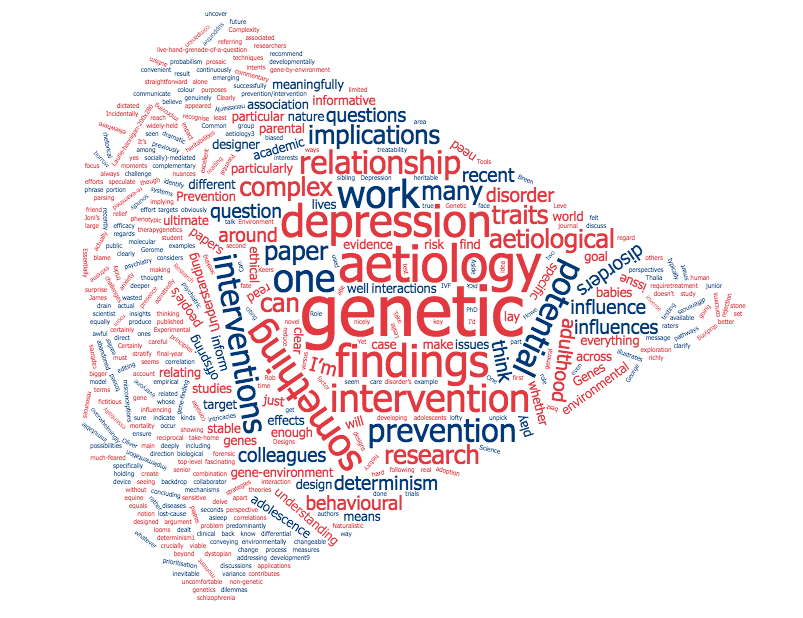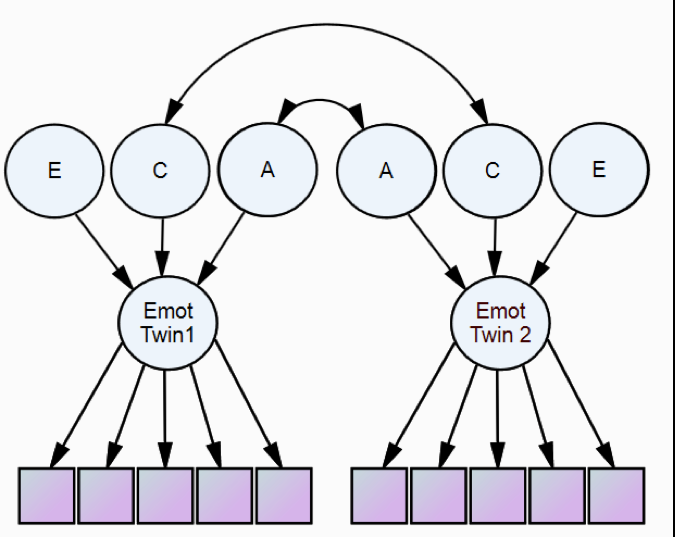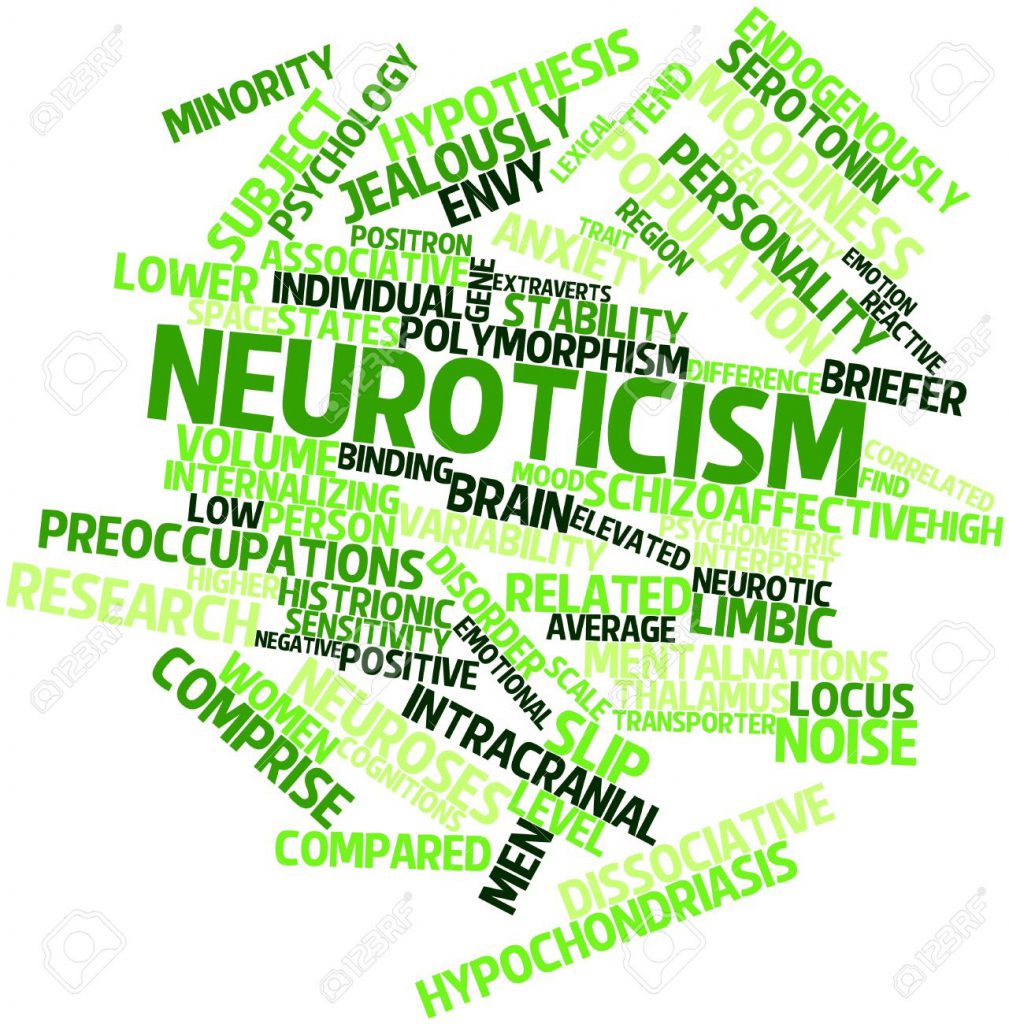
Yasmin [EDIT Lab PhD student] outlines our latest publication on anxiety symptoms in the family. Anxiety in parents is associated with anxiety in offspring, but it’s not yet clear how this happens. We conducted the first study to use a ‘genetically sensitive’ research design to examine the effects of mother,…










Recent Comments